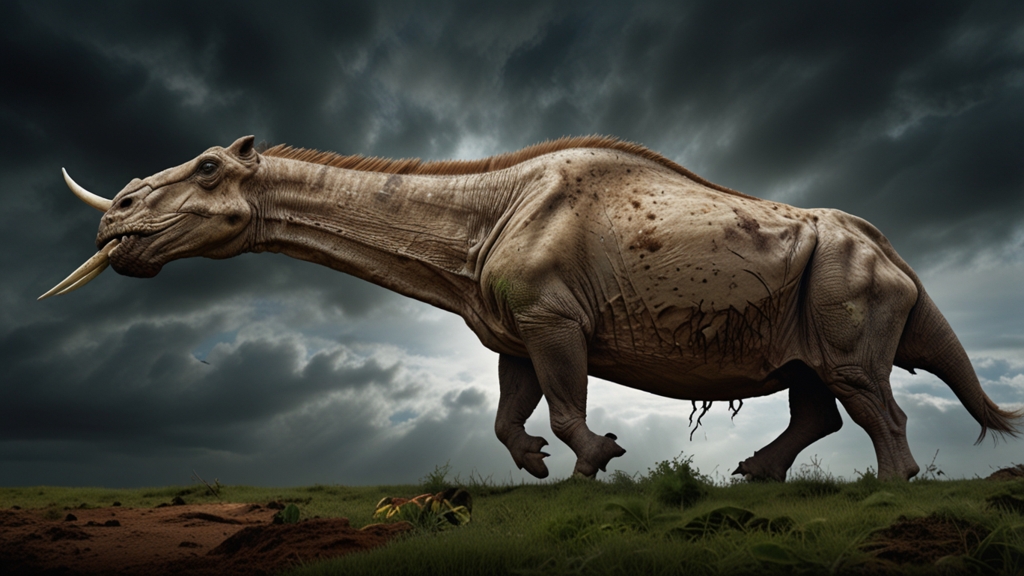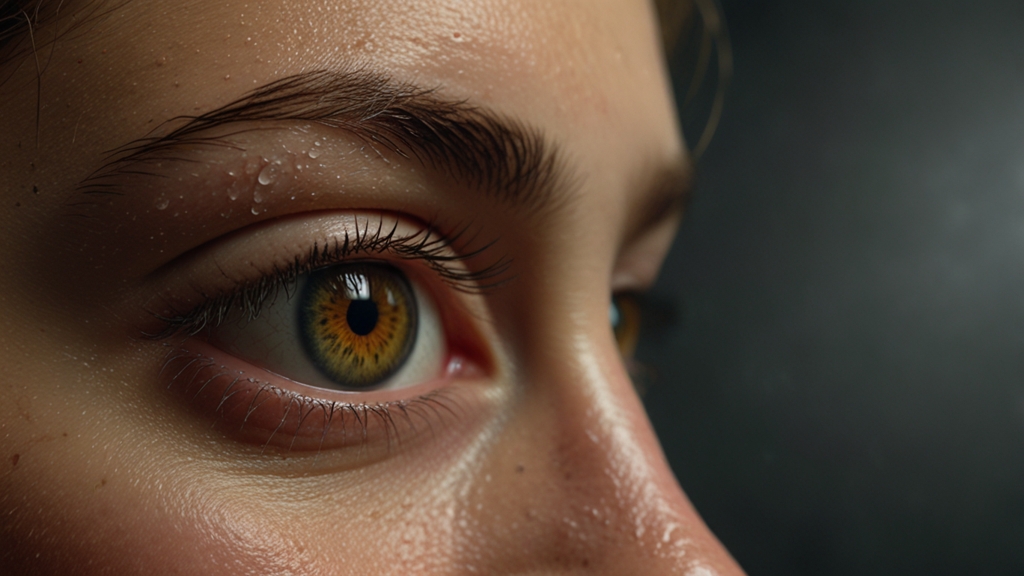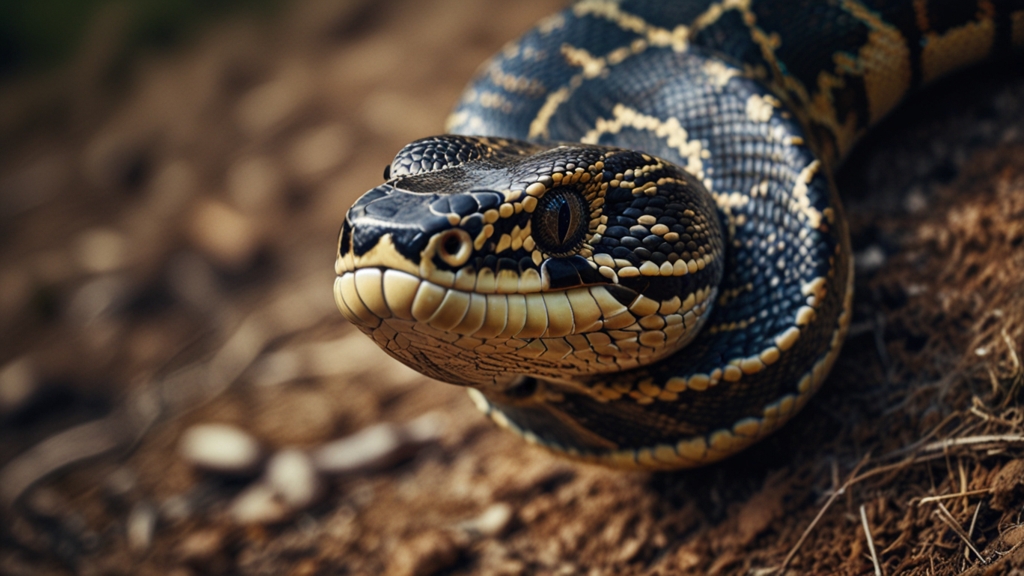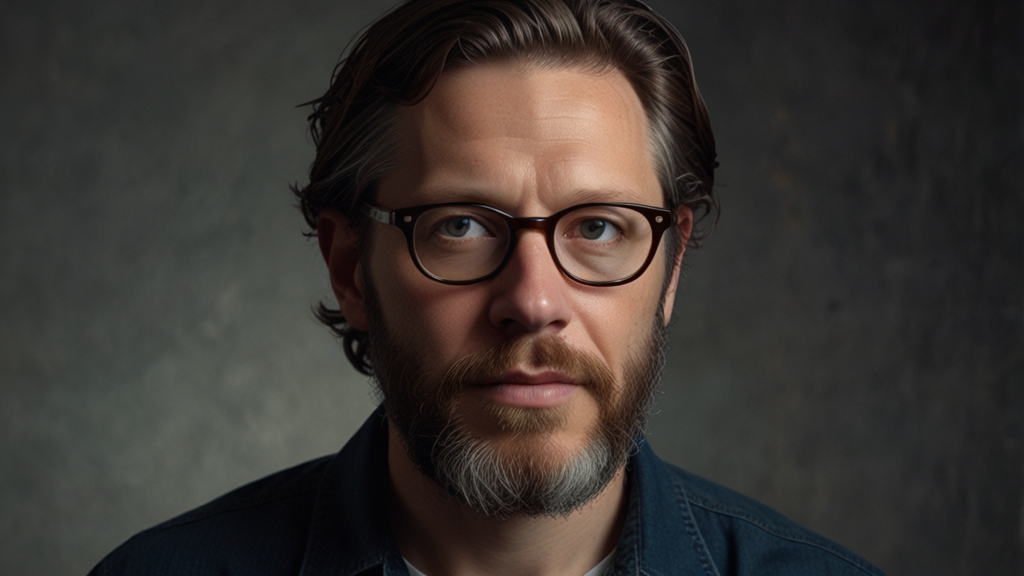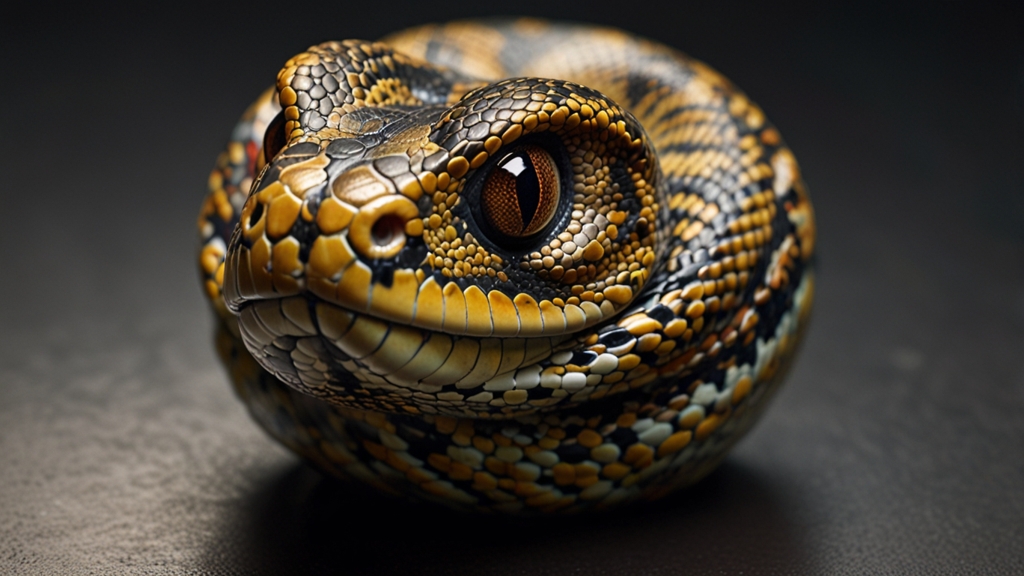The Timeline of Creation: What Do We Really Know?
The origins of our universe and the timeline of creation have fascinated humanity for millennia. Different cultures, religions, and scientific disciplines offer diverse perspectives on how the cosmos came into being. The timeline of creation remains one of the most intriguing and debated subjects in both scientific and philosophical communities. This article aims to explore various viewpoints, synthesizing what we know and what remains shrouded in mystery.
Creation Myths and Religious Narratives
Almost every culture has its own story of how the world and humanity came to be. Many of these stories share common elements, such as a primordial chaos, divine intervention, or cosmic battles. For instance, in the Judeo-Christian tradition, the Book of Genesis describes a six-day creation process: light is created on the first day, the sky and sea on the second, land and vegetation on the third, celestial bodies on the fourth, animals on the fifth, and humanity on the sixth.
"In the beginning, God created the heavens and the earth. The earth was without form and void, and darkness was over the face of the deep. And the Spirit of God was hovering over the face of the waters." — Genesis 1:1-2
Similarly, ancient Greeks believed in primordial gods who personified various elements, with the Titan Cronus eventually giving way to Zeus and the Olympian gods. These narratives, while varied, often reflect an attempt to explain the unknown using culturally relevant concepts and metaphors.
Scientific Perspectives
Modern science offers a different approach to understanding the creation timeline, primarily relying on empirical evidence and rigorous methodologies. The most widely accepted scientific model is the Big Bang Theory. According to this model, the universe began as a singularity approximately 13.8 billion years ago. This singularity experienced a massive expansion, leading to the formation of matter, galaxies, stars, and planets over billions of years.
Key milestones in this scientific timeline include:
- Approximately 13.8 billion years ago: The Big Bang occurs.
- 100 million to 200 million years later: The first stars and galaxies form.
- 9 billion years ago: Our Milky Way galaxy begins to take shape.
- 4.5 billion years ago: The solar system and Earth form.
- 3.5 billion years ago: The first simple life forms (prokaryotes) appear on Earth.
- 600 million years ago: Multicellular life begins to flourish.
- 200,000 years ago: Anatomically modern humans emerge.
"The cosmos is within us. We are made of star-stuff. We are a way for the universe to know itself." — Carl Sagan
Convergence and Divergence
While religious and scientific explanations for the timeline of creation may seem fundamentally different, they sometimes converge on certain themes, such as the beginning of time, the progression of order from chaos, and the creation of life. However, the methodologies and interpretations vary significantly. Religious narratives often rely on faith and doctrine, while scientific accounts depend on observable data and theories subject to revision.
One key area where these perspectives diverge is in the interpretation of time. Religious texts often encapsulate creation within a finite timeline, such as days or epochs, while the scientific view encompasses billions of years, with processes described in detailed, incremental stages.
What Do We Really Know?
The timeline of creation, whether viewed through the lens of religion or science, offers profound insights into human curiosity and our quest to understand existence. Both perspectives contribute to a broader narrative, enriching our understanding while leaving certain questions open for further exploration.
For the scientific community, new discoveries constantly reshape our understanding of the universe's origins. For those guided by religious and philosophical teachings, creation narratives offer a moral and existential framework that complements scientific understanding.
Ultimately, what we "really know" about the timeline of creation combines empirical evidence, philosophical inquiry, and cultural narratives, all contributing to a multifaceted tapestry of understanding. As our knowledge expands, so too will our interpretations of how everything began.






